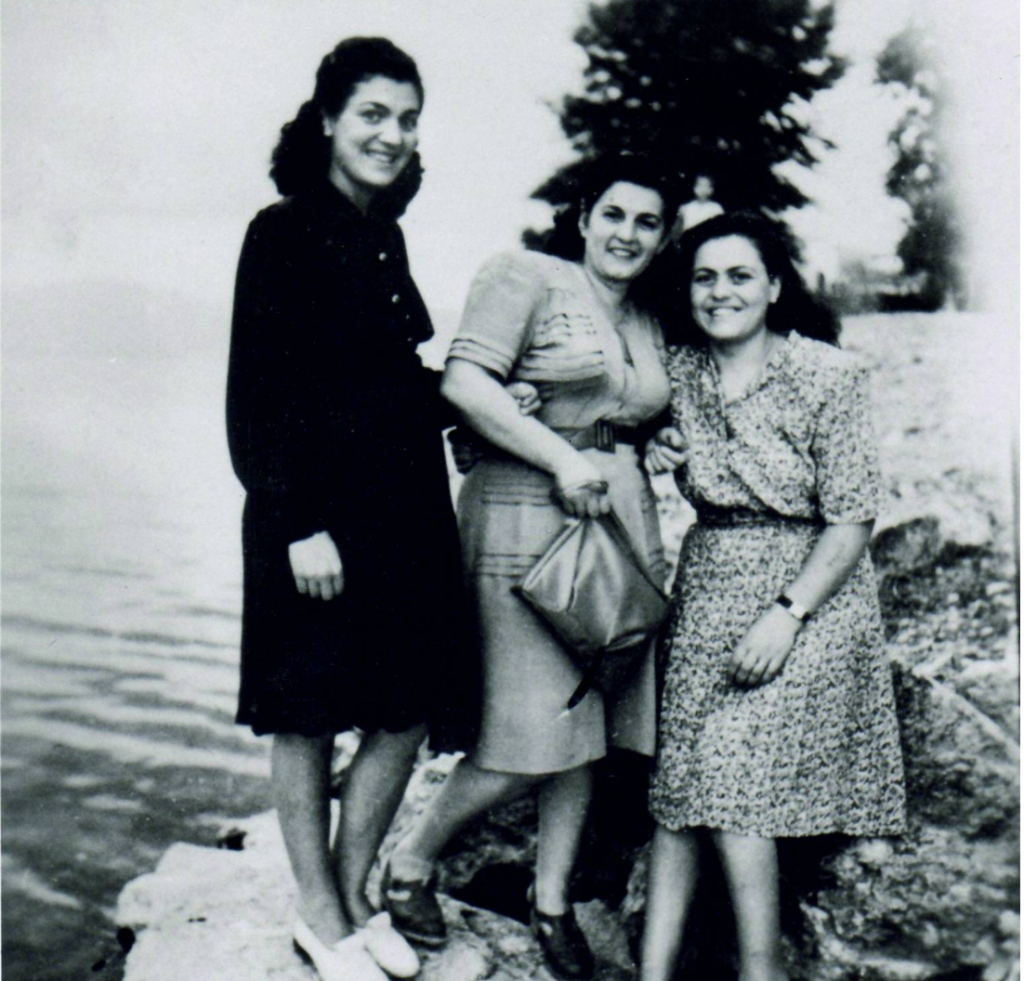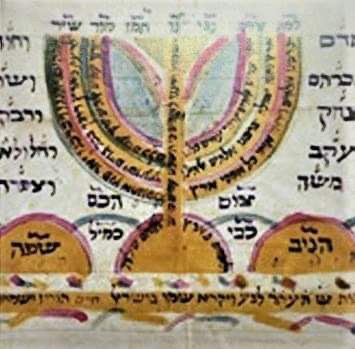
Source of the photograph: The Jewish Museum of Greece, https://www.jewishmuseum.gr
Of the 1950 Jews living in Ioannina in 1941, only 9,28%, 181 people, survived. 17 of these emigrated and 164 returned to Ioannina (Dalven, Rae: The Jews of Ioannina). However, they found their houses looted as the Germans officially allowed people to do after they arrested the Jewish population in 1944. Many houses were also occupied individuals who were reluctant to get out of the houses they lived in without rent or by the Ioannina authorities who used the houses for refugees of the Greek civil war. The house owners had to appeal to the court in order to get their houses back, which often took a long time and in many instances, the court put favor to Greek Christians and their claims to Jewish property.
Nevertheless, the community council was soon to be re-established with Joseph Cohen as president. It got in touch with international and Greek organizations, such as the American Joint Distribution Committee and the Central Board of Jewish Communities in Greece, asking for material support to overcome acute practical problems of housing, medical care and rehabilitation of victims of the Holocaust. Kahal Kadosh Yashan and the cemetery were soon restored. The Jewish Primary School re-opened and remained in function until the mid 1950s. Life began to return to normal.
Many of the survivors emigrated to the USA or Israel but never lost touch with their hometown. The constant support of New York based societies of Jewish immigrants to the USA from Ioannina, such as the Janina Relief Fund, The Brotherhood and Sisterhood of Ioannina and Kehilah Kedoshah Janina, is noteworthy and bears witness to the sense of belonging and community spirit, which common roots produce.
Today there are fifty Jews left in Ioannina, though many live in Athens. A rabbi is called in, so that services can be held in Kahal Kadosh Yashan at religious festivals and on special occasions.
Justice
Because of the deportation of Jews from Ioannina, Athens, Corfu, Rhodos and Kos investigative proceedings towards Dr. Walter Blume, who was, since November 1943, the commander of the security police and essentially involved in deprivation of rights, ghettoization and deportation of greek jews, were started in 1964. Also accused was SS-Hauptsturmführer Anton Burger, jew referent of the commander of the “security police” in Greece and Friedrich Linnemann, and also a member of the Jew department in Greece.
Blume received the death sentence in 1948 but was pardoned to 25 years of imprisonment in 1951. In 1955 however, he was released from the “war-criminal-prison” in Landsberg.
After slow proceedings and 35 file folders with thousand of pages, the proceedings against Burger and Linnemann were suspended. Anton Burger was considered a missing person, lived however under changed identities unrecognized in Germany until his death in 1991.
In his book “Winter in Greece” Christoph Schminck-Gustavus analyzed original documents of the investigations and shows lies and omissions of the accused.
